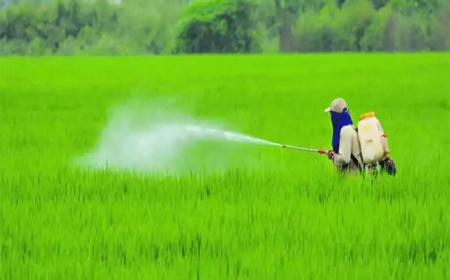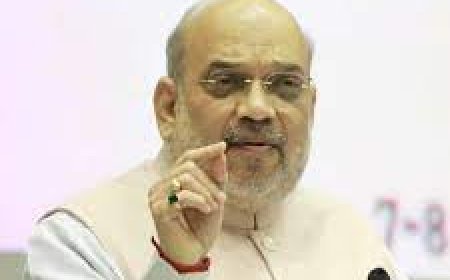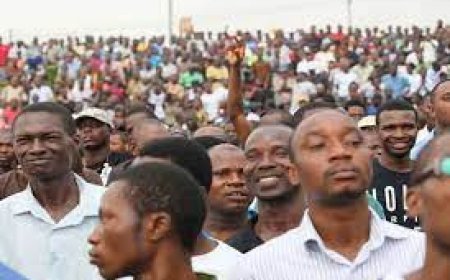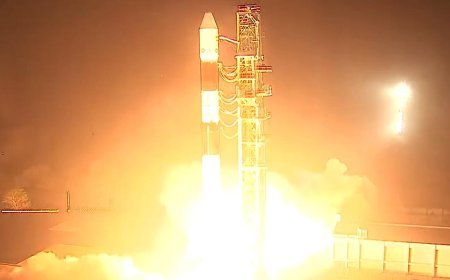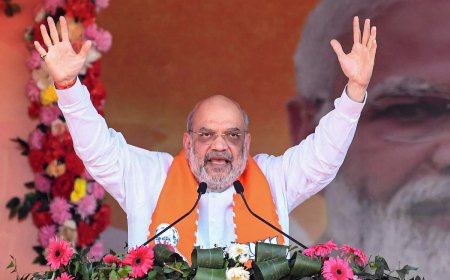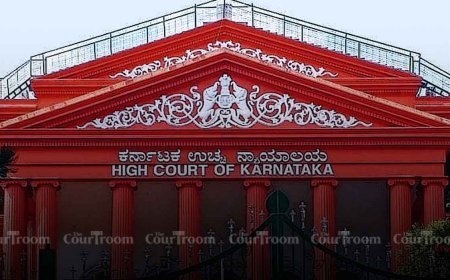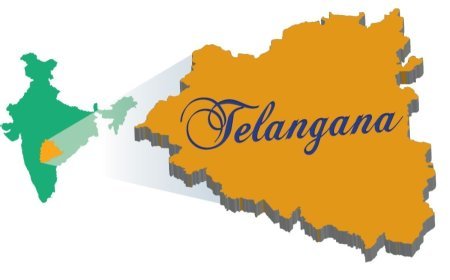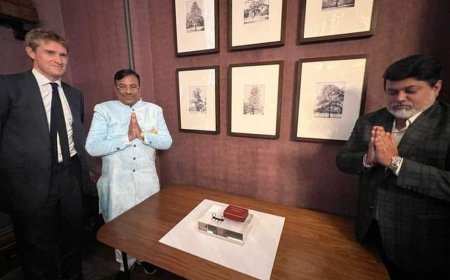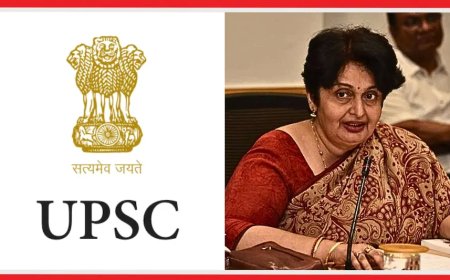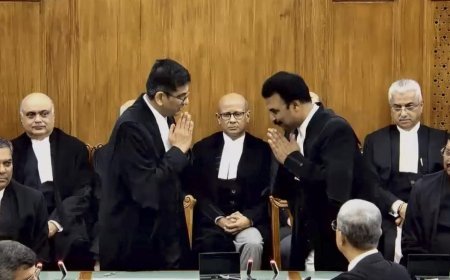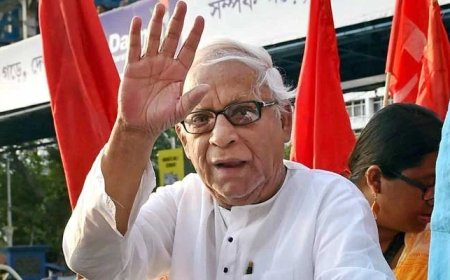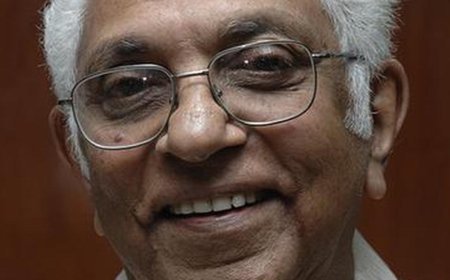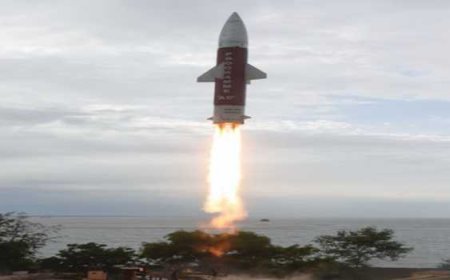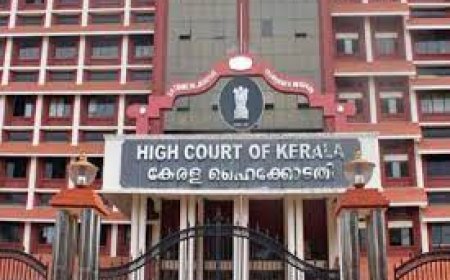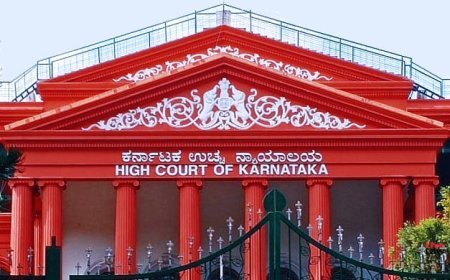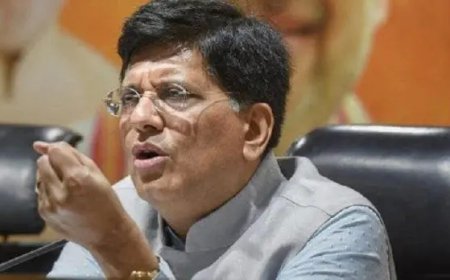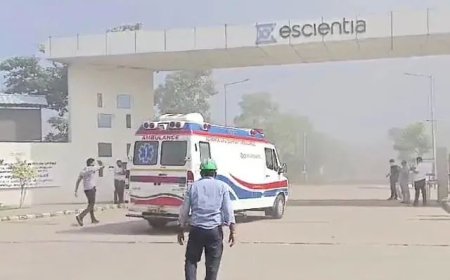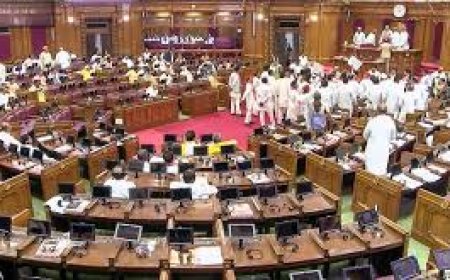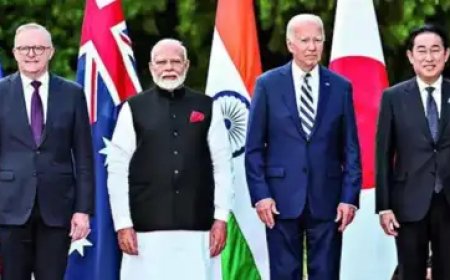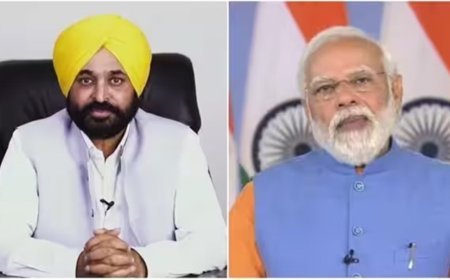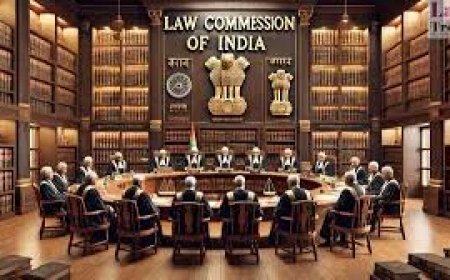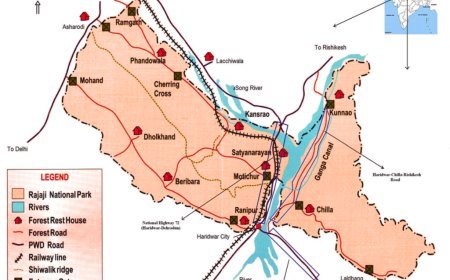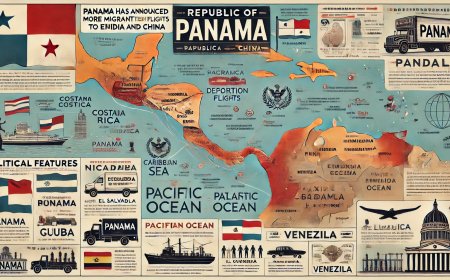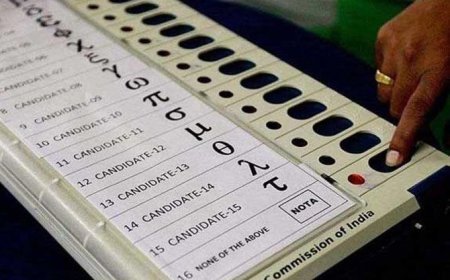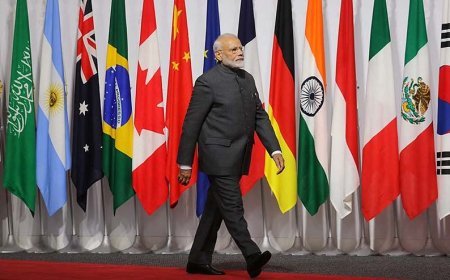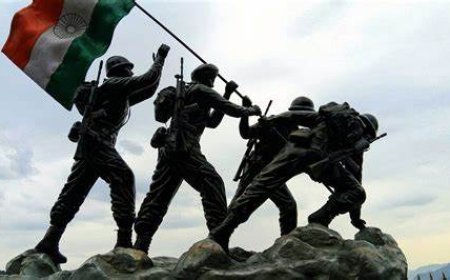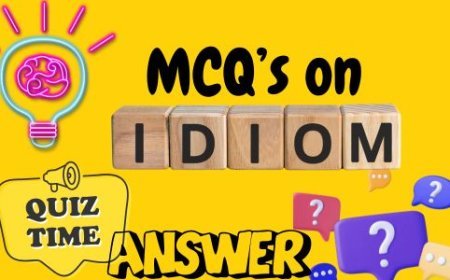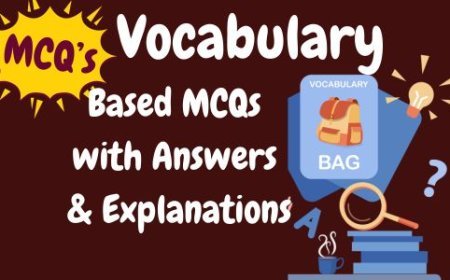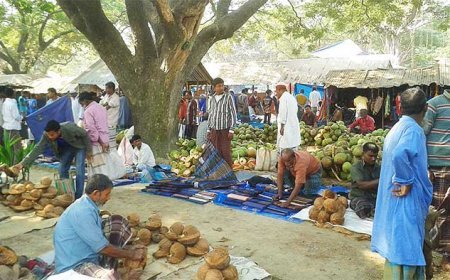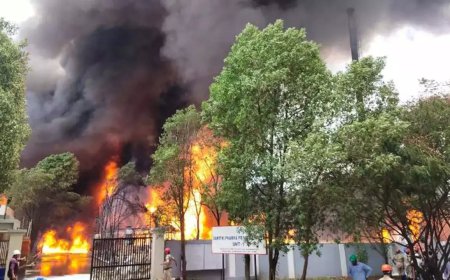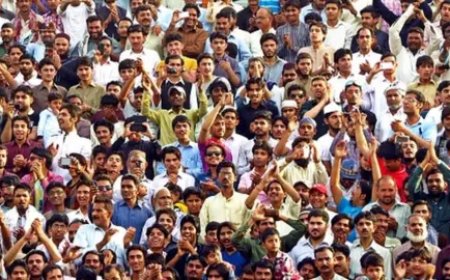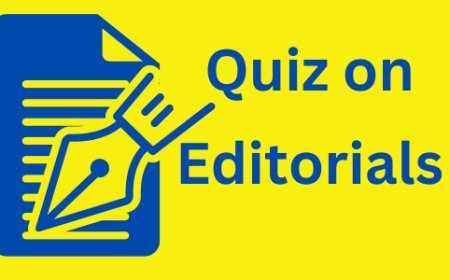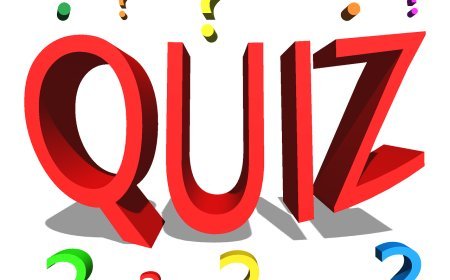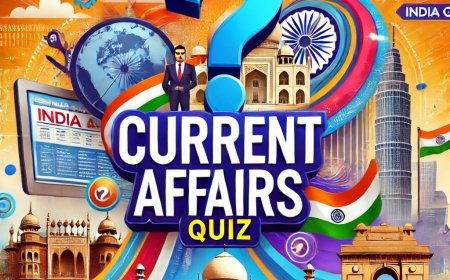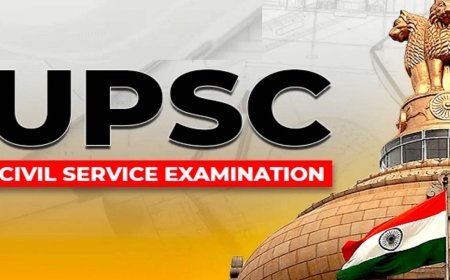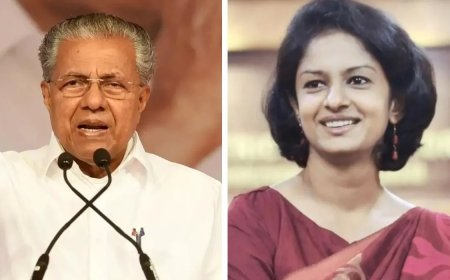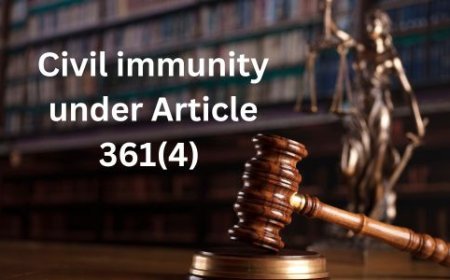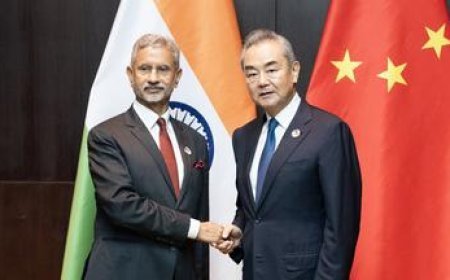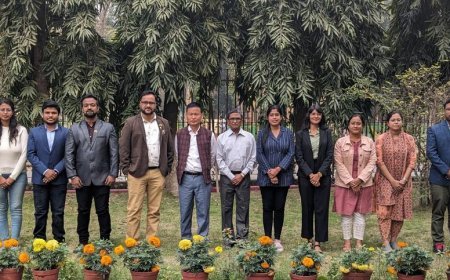2025 Exams: Final Preparations - The Ultimate Practice

Article 311 - MCQs
1. Under Article 311 of the Indian Constitution, which of the following actions can be taken against a government employee without conducting an inquiry?
a) Suspension from duty
b) Transfer to another department
c) Dismissal due to threat to state security
d) Reduction in pay scale
Answer:
c) Dismissal due to threat to state security
Explanation:
Article 311 provides safeguards against arbitrary dismissal, removal, or reduction in rank. However, an inquiry can be bypassed in cases where the employee's actions threaten state security.
2. Which of the following protections are NOT covered under Article 311?
a) Dismissal of a government employee
b) Suspension of a government employee
c) Removal of a government employee
d) Reduction in rank of a government employee
Answer:
b) Suspension of a government employee
Explanation:
Article 311 provides protection against dismissal, removal, or reduction in rank but does not cover actions such as suspension or transfer.
3. Article 311 does NOT apply to which category of personnel?
a) Police officers
b) Probationary civil servants
c) Military personnel
d) Employees in public sector undertakings
Answer:
c) Military personnel
Explanation:
Article 311 explicitly mentions that its provisions do not apply to military personnel.
4. Which of the following is a procedural safeguard under Article 311?
a) Employees have no right to appeal once dismissed
b) Only the President can dismiss any civil servant
c) Employees must be informed of the charges against them
d) An inquiry is mandatory even if a civil servant is convicted by a court
Answer:
c) Employees must be informed of the charges against them
Explanation:
Article 311 mandates informing employees of the charges and providing them an opportunity to defend themselves before action is taken.
Article 361 - MCQs
1. What type of immunity is granted to the President and Governors under Article 361 of the Constitution?
a) Absolute immunity even after leaving office
b) Protection against all types of criminal proceedings
c) Immunity from legal proceedings for actions taken in office
d) Immunity from parliamentary questioning
Answer:
c) Immunity from legal proceedings for actions taken in office
Explanation:
Article 361 provides immunity to the President and Governors from court proceedings for actions undertaken in their official capacity while in office.
2. Under Article 361, which of the following statements is correct?
a) The President can be arrested during their term
b) Governors can be impeached by the judiciary
c) Legal proceedings can commence after the President leaves office
d) Governors are accountable to courts for their decisions
Answer:
c) Legal proceedings can commence after the President leaves office
Explanation:
While the President and Governors enjoy immunity during their term, legal proceedings can start after they leave office.
3. The immunity under Article 361 is based on which of the following Latin maxims?
a) Nemo debet bis vexari
b) Rex non potest peccare
c) Audi alteram partem
d) Res ipsa loquitur
Answer:
b) Rex non potest peccare
Explanation:
The Latin maxim "rex non potest peccare," meaning "the king can do no wrong," forms the basis of immunity provided under Article 361.
4. Which of the following is an exception to the rule of equality before the law under Article 361?
a) Immunity for military personnel
b) Special provisions for high-ranking judges
c) Immunity for Presidents and Governors
d) Exemption for MPs from tax laws
Answer:
c) Immunity for Presidents and Governors
Explanation:
Article 361 exempts the President and Governors from being answerable to any court for their official duties, creating an exception to the general rule of equality before the law.
What's Your Reaction?







